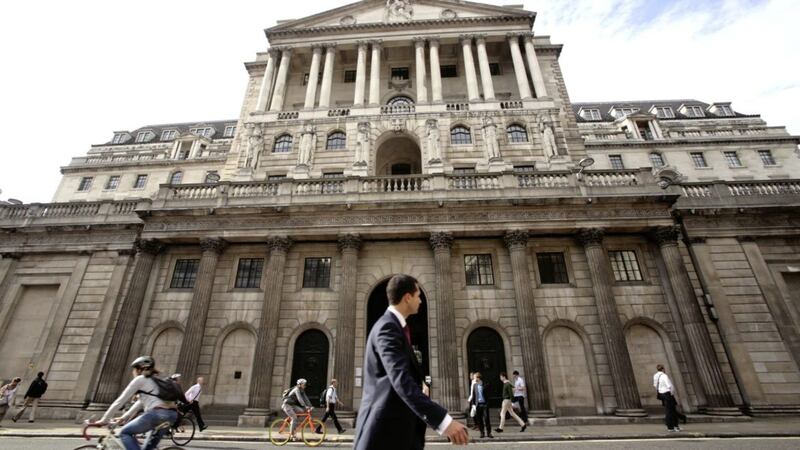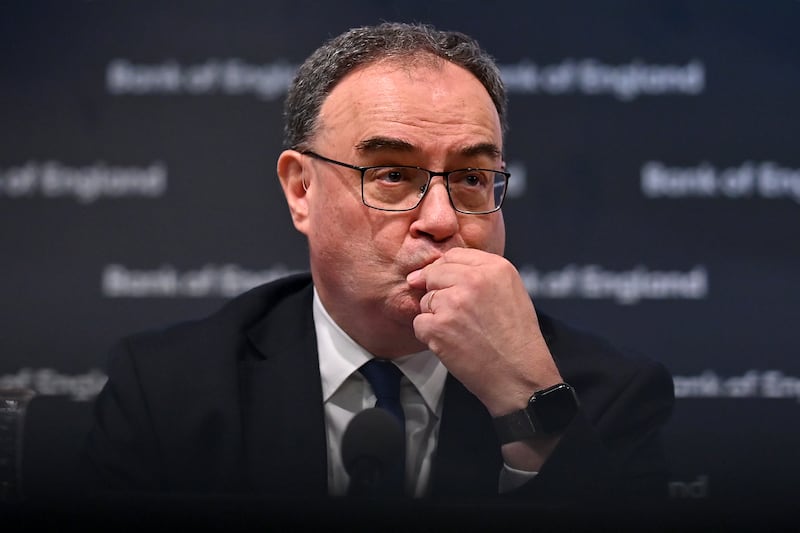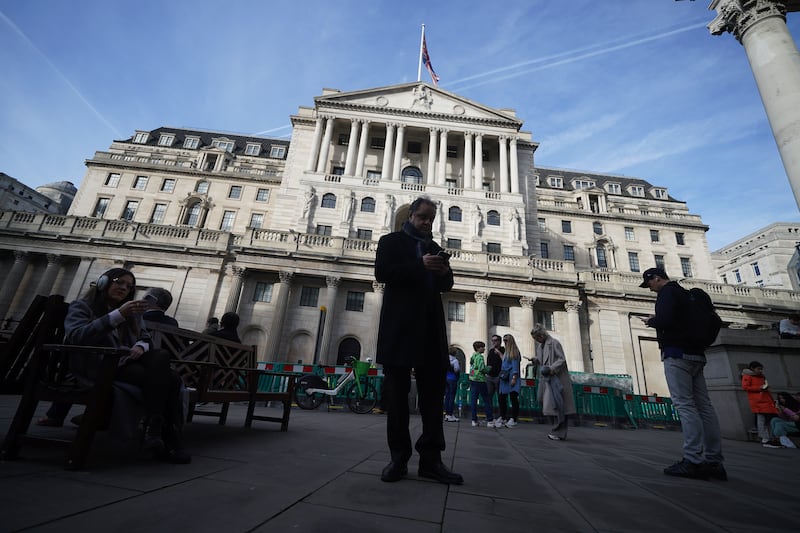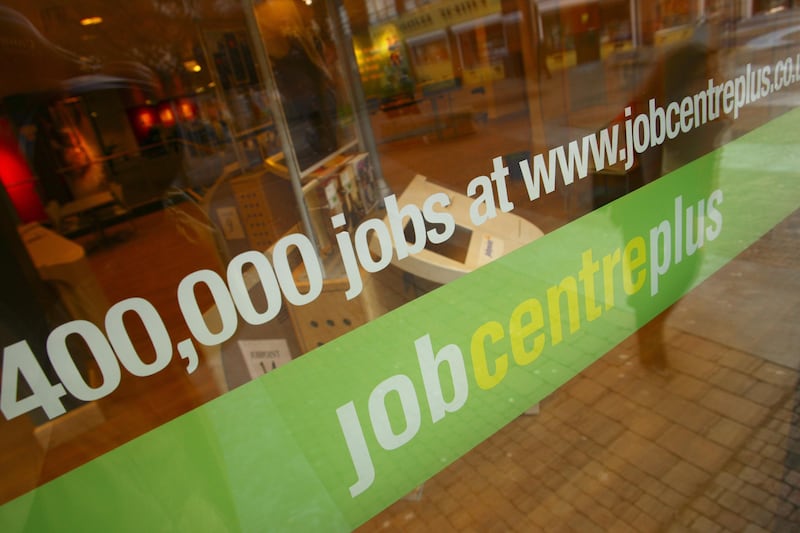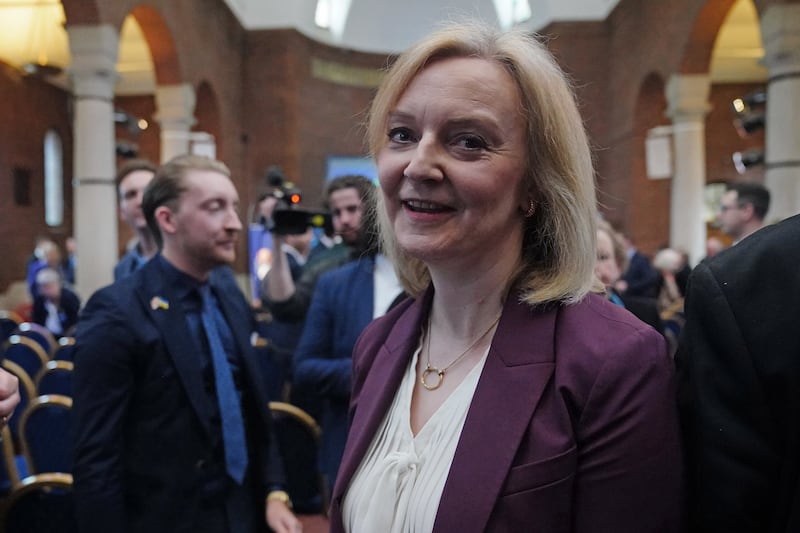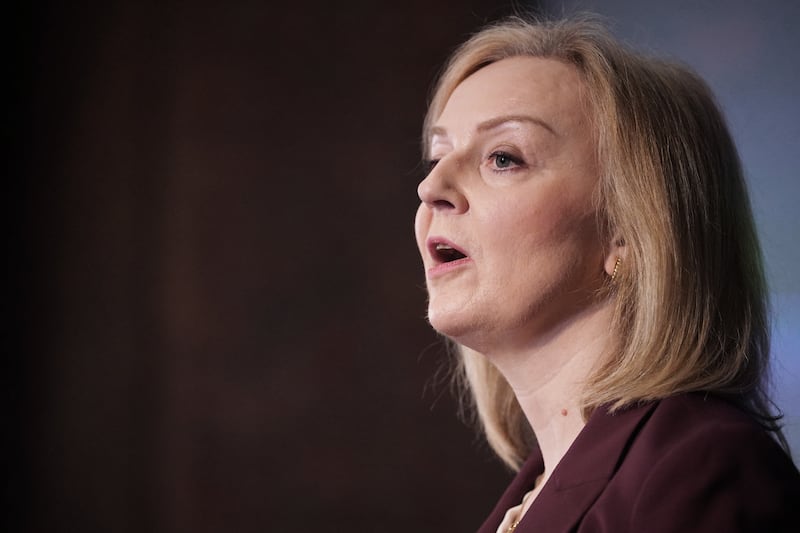THE Bank of England has launched another £100 billion of economy-boosting action in the face of the coronavirus crisis, despite signs the hit may be "less severe" than first feared.
Members of the Bank's Monetary Policy Committee (MPC) yesterday voted eight to one to expand its quantitative easing (QE) programme to £745bn, on top of the extra £200bn announced in March.
The Bank held interest rates at an all-time low of 0.1 per cent, despite mounting speculation policymakers may look to take rates below zero for the first time ever to pull the economy out of its nosedive.
The extra QE - which sees the Bank buy Government bonds from investors, pumping money into the economy in the process - comes after official figures showed the economy contracted by a record 20.4 per cent in April.
But the Bank said the fall in gross domestic product (GDP) between April and June may be not as bad as it set out in its gloomy May forecasts, thanks partly to a recovery in consumer spending and the housing market.
It now believes the second quarter plunge in UK GDP may be around 20 per cent compared with the final three months of 2019, rather than the 27 per cent it forecast in May's report.
This led one of the MPC members - the Bank's own chief economist Andy Haldane - to hold off from voting for more QE.
In minutes of the MPC meeting, the Bank said: "The emerging evidence suggested that the fall in global and UK GDP in the second quarter would be less severe than set out in the May Report.
"Although stronger than expected, it was difficult to make a clear inference from that about the recovery thereafter."
But it warned there were risks of "higher and more persistent" unemployment following the crisis.
